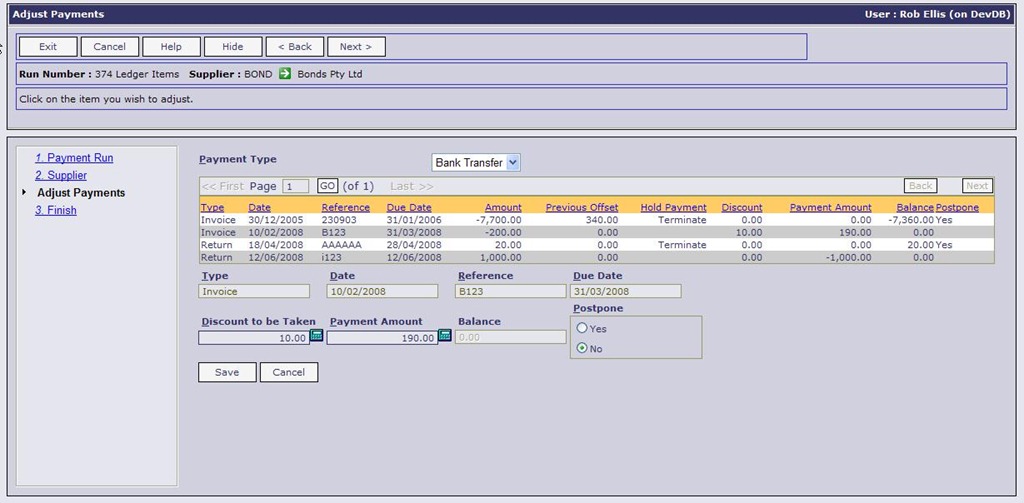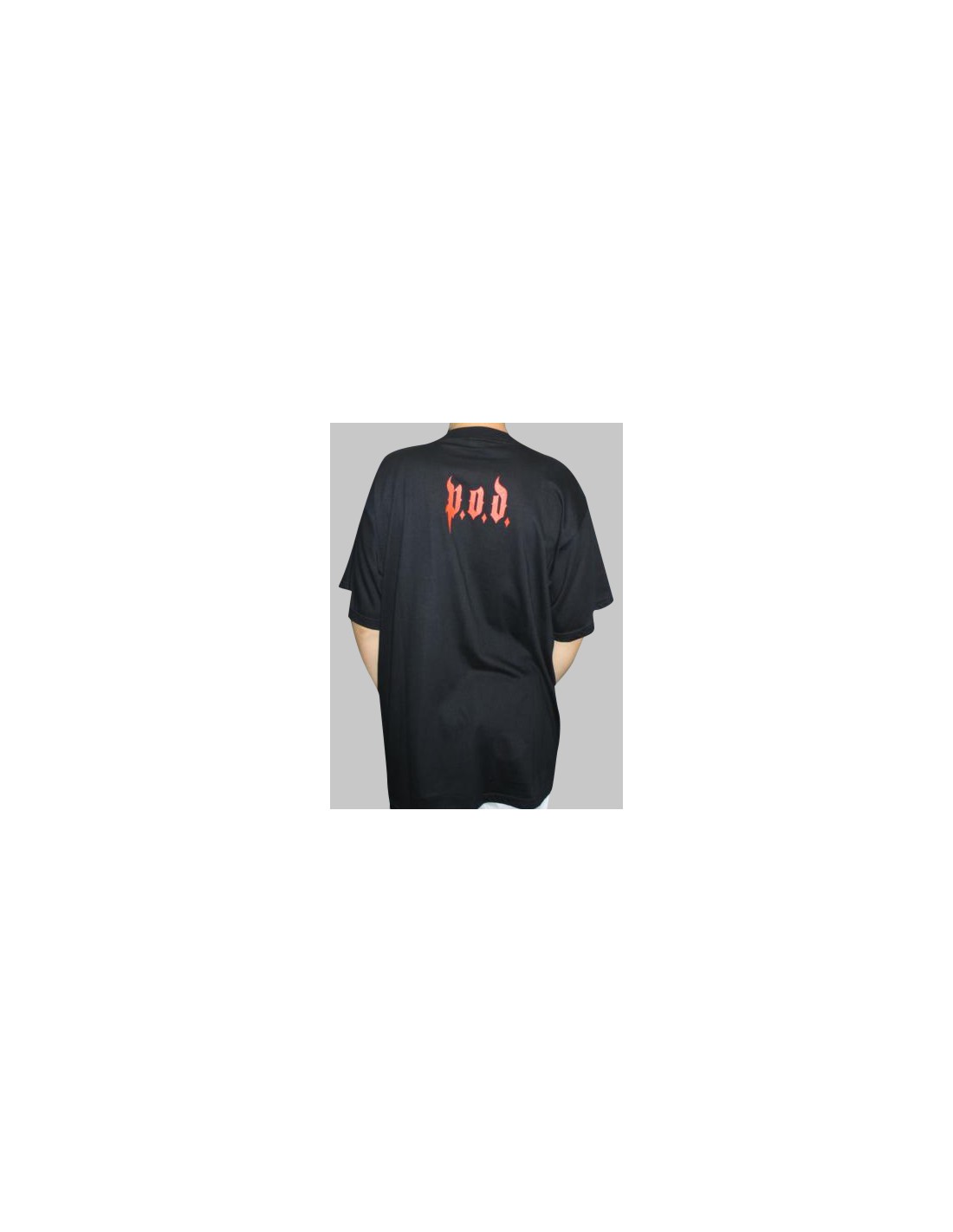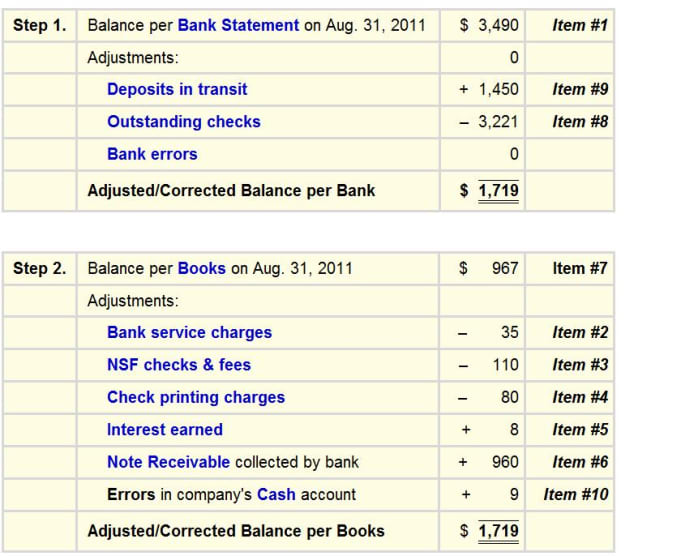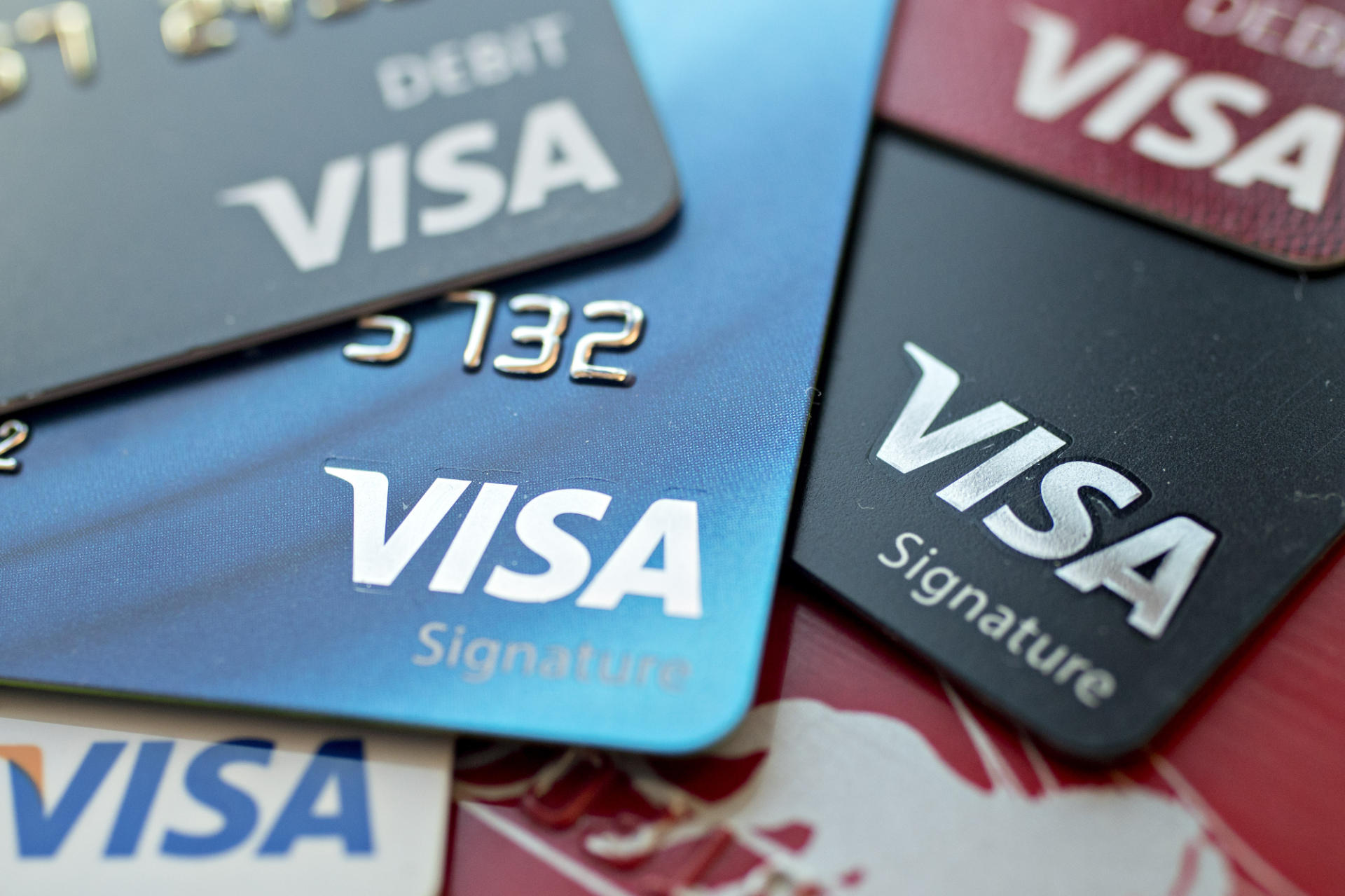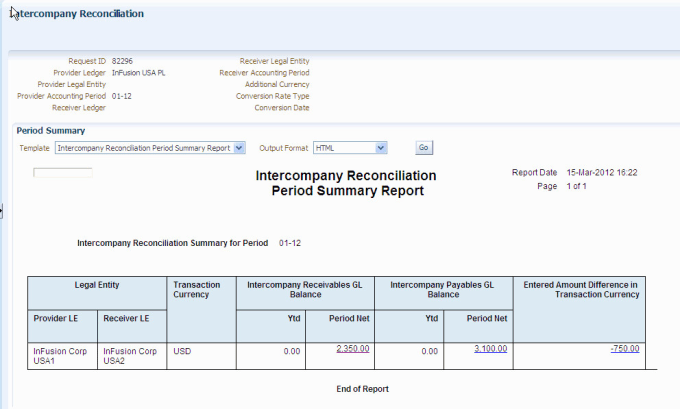Whether you have a current estate plan, have an old one in need of an update, or intend to start the process tomorrow, an important consideration in implementing that plan is proper asset titling. Similar to naming beneficiaries on retirement accounts [IRA, 401, and insurance policies], accounts with TOD and POD designations are not subject to probate. For some people, it may be effective to add POD/TOD designations for a specific purpose. However, for many families, this simple way of passing assets to heirs may have unintended consequences.
Florida allows bank accounts to be designated as payable-on-death, or a "POD" designation. This allows a beneficiary to automatically take ownership of the account upon presenting proof of the account holder's death without going through probate court proceedings. A POD designation can be used for any deposit account, including checking accounts, savings accounts, or certificates of deposit. If a particular account is owned jointly and has a POD designation, upon the death of one of the joint account holders, Florida law allows the account to pass to the surviving account holder, and not to the beneficiary. In other words, any POD designation does not take effect unless all account owners have passed away.
In the event there is more than one beneficiary, the beneficiaries hold equal shares of the account. California courts regularly recognize the validity of payable-on-death accounts and allow them to avoid going through probate. This kind of account leaves you total control of the assets during your lifetime. You can change your beneficiary at any time and are free to leave as much or as little money as you like in the account. All you need to do is properly notify your bank of whom you want to inherit the money in the account or certificate of deposit. The bank and the beneficiary you name will do the rest, bypassing probate court entirely.
Beneficiary designations are often used for life insurance and retirement benefits, but more frequently, they're also being used for brokerage and bank accounts. People trying to avoid probate may name a "payable on death" beneficiary of an account. However, they don't know that doing this may undermine their existing estate plan.
It's best to consult with your attorney to make certain that your named beneficiaries are consistent with your estate planning documents. Any person may enter into a written contract with any banking institution located in this state to establish a payable on death bank account, which may be abbreviated as a "p.o.d." account. Two or more persons may own such an account as joint tenants with right of survivorship, in which case the interest of any designated beneficiary shall vest only upon the death of the last surviving joint owner. Upon the death of the owner, or last surviving owner, the balance of the account shall be paid only to the designated surviving beneficiaries. The terms of the payable on death contract take precedence over contrary provisions of any other testamentary document. If no P.O.D. payee is surviving 90 days after the last surviving account holder dies, the balance of the account shall be payable to the personal representative of that account holder.
The owners of many bank accounts, especially savings accounts and certificates of deposit name payable-on-death beneficiaries for the accounts. That means that when the account owner dies, the POD beneficiary can simply claim the money from the bank. The deceased person's will doesn't come into play, and there's no need for any probate court involvement, either. On the con side, quite often a POD account creates more problems than it solves. There are ways to recover funds diverted from an estate through the POD designation, but without the cooperation of the account beneficiaries it is an expensive legal process.
Payable on death accounts can help streamline the process of transferring certain assets to loved ones after you pass away. Also referred to as a POD account or Totten trust, a payable on death account can be established at a bank or credit union and is transferrable to the beneficiary of your choosing. There are different reasons for including a payable on death account in your estate plan and it's helpful to understand how they work when deciding whether to create one. Estate planning is best done with the counsel of a financial advisor, who can help you coordinate your investment goals with your end-of-life wishes. Many banks encourage the use of payable on death ("POD") accounts, in part because such accounts do not have to go through the estate administration process.
If someone in a bank asks who should receive a bank account at your death, that bank account is more likely than not going to be a POD account, whether you know it or not. The advantages of a POD account are clear – the funds or investments in the account go directly to the named beneficiary without having to be handled by the executor. However, a POD account does not save any taxes, as the owner of the POD account remains the owner until he or she dies. Many people name their spouse as the primary beneficiary of their life insurance policy, followed by their trust as the secondary beneficiary.
However, this may defeat your estate planning, especially if you have children from a first marriage, or if you don't want your spouse to control the assets. If your trust provides for your surviving spouse on your death, he or she will be taken care of from the trust. Most tax-advantaged accounts—Roth IRAs, traditional IRAs, 401 plans, etc.—have beneficiaries named.
The same is true for investment accounts, annuities, life insurance and any financial product that has a beneficiary named. The beneficiary receives the asset, regardless of what is in the will. Therefore, checking beneficiaries need to be part of the estate plan.
Your will may be just fine, but it will not exempt your assets from the probate process in most states, if the dollar value of your estate exceeds a certain amount. Some assets are inherently exempt from probate by law, like life insurance, retirement plans and annuities and any financial account that has a transfer on death beneficiary listed. You should also make sure that you nominate the guardians of minor children in your will, in the event that something should happen to you and/or your spouse or partner.
Beneficiaries named on POD accounts must be individuals; POD accounts cannot be set up in the names of trusts. Please consult an attorney or a qualified estate planning professional before designating your account as a POD account. Savings accounts can only be opened in the name or names of individuals, and not in the names of trusts.
Payable on Death bank accounts are also referred to as Totten Trusts. Setting one up or adding a beneficiary is a simple matter of requesting the Payable on Death form from your bank. Payable-on-death bank accounts offer an easy way to keep money—even large sums of it—out of probate. The account beneficiary only needs to show an ID and death certificate to the bank, and the funds will be released to them immediately.
A Payable on Death account is extraordinarily simple to establish. It can be used with bank accounts, brokerage accounts, certificates of deposit and many other types of assets. You simply fill out a form naming the beneficiary you wish to get the asset when you pass away, and that's it – you're done. You may name more than one beneficiary, and you can change your beneficiary designations anytime you wish.
The POD payee you name has no rights to the money as long as you're alive. After your death, all a POD beneficiary needs to do to claim the money is show the bank a certified copy of the death certificate and proof of his or her identity. If the account was a joint account to begin with, the bank will need to see the death certificates of all the original owners.
The bank records will show that the beneficiary is entitled to whatever money is in the account. Depending on state law, there may be a short waiting period before the payee can collect the funds. Someone in a second marriage might set up a POD account that will convert to their children from their first marriages at their death. Further, if the account is a joint POD, the surviving spouse could remarry and name the new spouse as a beneficiary.
The surviving owner can even add beneficiaries, thereby reducing the share of the funds available to each named beneficiary. Ownership of a POD account transfers somewhat automatically to the living beneficiary when the account owner dies. The beneficiary needs only to provide a certified copy of the death certificate to the bank or financial institution, along with proof of identity to confirm that they are indeed the named beneficiary.
Designated beneficiaries have no rights or claims to a payable on death account until the death of the last surviving owner of such account. Unless otherwise provided in the written contract, where two or more beneficiaries are designated, upon the death of the account owner, each surviving beneficiary shall be paid a per capita share of the account balance. If no designated beneficiary survives the last account owner, any account balance shall become a part of the last surviving account owner's estate.
Many people never name a beneficiary for retirement accounts or life insurance. If you don't name a beneficiary for life insurance or retirement accounts, the financial company has it owns rules about where the assets will go after you die. For life insurance, the proceeds will usually be paid to your estate.
For retirement benefits, if you're married, your spouse will most likely get the assets. If you're single, the retirement account will likely be paid to your estate, which has negative tax ramifications. When an estate is the beneficiary of a retirement account, the assets must be paid out of the retirement account within five years of death. This means an acceleration of the deferred income tax—which must be paid earlier, than would have otherwise been necessary.
Big events like a marriage, divorce, birth, adoption and death can all have an effect on who will receive your assets. Be certain that those you want to inherit your property are clearly detailed as such on the proper forms. Whenever you have a life change, update your estate plan, as well as all your financial, retirement accounts and insurance policies. Couples do not always die at the same time, although it does happen. For the most part, upon one spouse's death, assets owned together, including Payable on Death, or POD accounts, remain in the possession of the surviving spouse.
If all of the assets are owned jointly, the surviving spouse may be able to avoid probate altogether. However, they should check with an estate planning attorney to be sure their state will accept this. A payable on death bank account, or POD, is essentially an account with a named beneficiary.
People who opt forPOD accountsdo so to keep their money out of probate court in the event that they pass away. Many of Professor Terry's students had never heard about this kind of account. That's what happened in the recent Florida case of theEstate of Barbara Kesterwho died in 2011, with a will dividing up her property evenly among her five children. Separately, one daughter, Glenna, took possession of a CD and a credit union account as payable on death beneficiary or joint account holder with right of survivorship. The two sisters who were left out cried foul, but an appellate court ruled in favor of Glenna, concluding that she acted properly in divvying out the three assets per the beneficiary designations.
If the beneficiary dies before the account holder and the designation is never updated, the bank account will end up going through probate in order to determine the rightful owner. Similarly, if the beneficiary designation is never updated after divorce, an ex-spouse may legally inherit the funds. If you don't have a payable on death bank account, no one can access the money in your bank account when you die to pay your bills, funeral costs, or other necessities. Any money in your account becomes part of your estate and a probate court judge will decide who can access the money. Going to probate court can take a lot of time and can be expensive for your family and friends who will be paying the cost of going to probate court (court costs, a lawyer, etc.).
There is also the situation where just one child is designated as the POD beneficiary. This might happen when someone says to a bank "I want to put X child on the account," thinking that will give X the right to sign checks on behalf of the account owner. At the account owner's death, X gets the entire balance in the account, often much to the surprise of X's siblings. Any transfers by X to his siblings will be considered taxable gifts and a tax return may have to be filed with the IRS.
If all of the named beneficiaries predecease the account owner and no new beneficiaries are added, the account will have to go through probate on the death of the owner. The probate court will determine who among the surviving family members will receive the sum remaining in the account. A revocable living trust is set up during your lifetime and can be revoked at any time before death. They allow assets held in the trust to pass directly to beneficiaries without probate court proceedings and can also reduce federal estate taxes. By setting up your bank account or certificate of deposit in this way, the estate planning and administration process is simplified. The executor or administrator of your estate will not have to take any action to ensure that your account transfers to whomever you designated.
Simply ask your bank representative about the one or two easy steps you need to take in order to place a POD designation on your bank account or certificate of deposit. Beneficiary designations, such as POD/TOD, are simple to implement, generally have no cost associated, and allow the account to transfer to your named beneficiary relatively quickly. Upon the account owner's death, the beneficiary provides the death certificate and identification to the financial institution to receive the funds. If assets do pass outside your estate to a named beneficiary, make certain there will be sufficient money in your estate and trust to pay your estate tax lability. If all your assets pass by beneficiary designation, your executor may not have enough money to pay the estate taxes that may be due at your death.
This cost-free service will transform your accounts into a type of informal trust commonly referred to as a payable on death account. Your financial institution can provide you with a form for each account. The person who you choose to inherit your account is referred to as the beneficiary. After your death, the account beneficiary can immediately claim ownership of the account. For example, when a person gets a divorce, it is a good idea to name a different beneficiary for life insurance policies and retirement accounts than the ex-spouse, such as a trust for any children from the marriage. In fact, state law may automatically void such designations upon divorce.
Estate planning is a combination of legally operative documents, asset titling, and beneficiary designations. It is important that these different parts work in concert with each other, rather than at cross-purposes. PODs and TODs may be useful in some situations, but careful attention must be paid to avoid unintended and unwanted results if they contradict an estate plan that's already in place.
It's not that these accounts cannot or should not be used, it's just they have to be coordinated carefully with the rest of the plan. If there is more than one child and you make a paid on death account in favor of just one, it's bound to cause misunderstanding or even worse, disinheriting children not listed as beneficiary. The account owner may change the designated beneficiary at any time. Such change must be in writing and executed in the form and manner prescribed by the bank. Any such change of beneficiary must be delivered to the bank prior to the death of the payable on death account owner in order to be valid.
